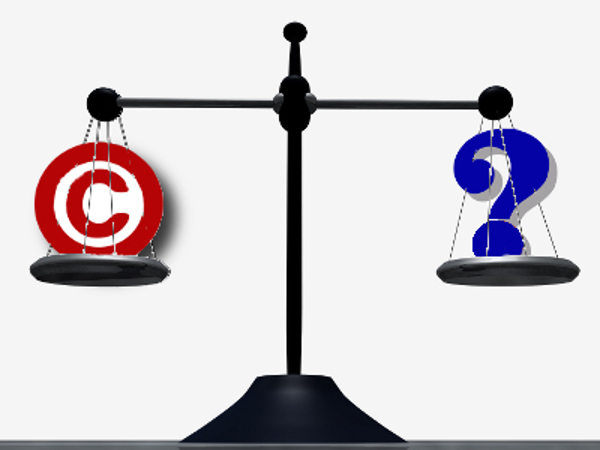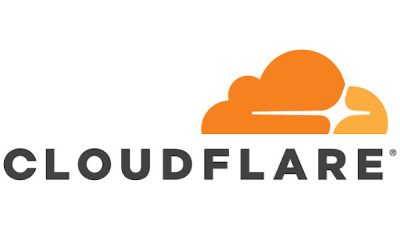Copyright, Extortion and the Long Shadow of Prenda Law
 LOS ANGELES – Eight or nine years ago, long before the names John Steele, Paul Hansmeier and Prenda Law had acquired internet infamy, I sat in the audience at a legal seminar during an adult industry trade show, listening to a panel of attorneys talk about the prospect of suing people for downloading pirated porn via peer-to-peer platforms and other sources.
LOS ANGELES – Eight or nine years ago, long before the names John Steele, Paul Hansmeier and Prenda Law had acquired internet infamy, I sat in the audience at a legal seminar during an adult industry trade show, listening to a panel of attorneys talk about the prospect of suing people for downloading pirated porn via peer-to-peer platforms and other sources.
At one point, as the other attorneys on the panel nodded knowingly, one of them noted the dilemma a porn consumer might find himself in, should the content at question be something the user would not want to be associated with publicly.
“How quickly do you think the average guy would settle if he’s accused of downloading a tranny porn video?” the attorney asked rhetorically. “Somehow, I don’t think he’d be too eager to be named in the lawsuit, much less go the distance and fight it in court.”
Seated next to me in the audience was my personal attorney, who turned a shade of purple at this point in the discussion.
“How fucking stupid are these guys?” he whispered to me in a hiss, nodding his head toward the stage. “Don’t they know this session is being recorded and reported on? They might as well call the Washington Post and say the same shit on the record, for fuck’s sake.”
I’ll admit, as much as I questioned the long-term viability of suing pirated-porn viewers as an income stream, I wasn’t sure why my attorney had chosen the word “stupid” to describe the notion.
The litigation approach described in the seminar sounded to me like borderline extortion, sure, but it also sounded like something that might work, at least in terms of extracting money from freeloading porn viewers.
Later, over lunch, I asked my attorney to explain himself. Why, exactly, was the idea of suing P2P users stupid?
“You have to remember, you all are selling a product that is potentially illegal in every state in the union,” my attorney said, thumping his index finger on the table for emphasis. “Obscenity law, vague as it is, hinges largely on whether the material is patently offensive to community values.”
I thought I knew where he was going, but I wanted him to expand on his idea, just in case.
“And…?” I asked.
“So, as an attorney who represents an adult entertainment studio,” he continued, ‘I’m going around acknowledging their products are so beyond the pale, so humiliating to be associated with, any reasonable person would cave in and settle a lawsuit, one of dubious merit to begin with, just to avoid being outed as someone who watches my client’s movies?”
He let out a chuckle and took a gulp of beer.
“That’s great,” he added sarcastically, “you know, until your client gets indicted for obscenity, and the prosecutor pulls out a recording of you talking to a room full of other pornographers about how consumers would be so humiliated by the material at issue in the indictment, they’d pay thousands of dollars to prevent being outed as viewers of it.”
Put that way, I had to agree. The whole idea — and talking about it openly, in particular — suddenly seemed pretty fucking stupid.
I’ve thought about that exchange with my attorney a lot this morning, after reading about a “prominent public figure” who has filed suit against Flava Works in response to a letter he received from the company’s chief executive officer, Phillip Bleicher, threatening legal action.
“Defendant Flava Works operates pornographic websites for gay men,” the John Doe defendant states in his complaint. “Capitalizing on the social stigma of its own product, Flava Works has apparently discovered a lucrative side business: extorting money from former subscribers by threatening to expose them as consumers of gay porn.”
The plaintiff claims when it became clear to Flava Works the payment they demanded was not forthcoming, “Bleicher’s threats became more brazen.”
“(Bleicher) noted Plaintiff was an ‘entertainment industry’ figure, and specifically threatened to issue a press release trumpeting the allegations,” Doe claims in his complaint. “He again offered one last chance to settle the matter, generously indicating ‘I will hold off on a press release for the time being.’ On July 27, 2017, Bleicher (now through counsel) increased his demand to $150,000, unabashedly justifying the figure with reference to Plaintiff’s ‘status, his career and his wealth.’”
While I’m no fan of the casual piracy in which so many people engage online, I’m even less fond of extortion and threats. Unfortunately for studios that continue to pursue cases like these, there’s a much more important constituency that appears to share my disdain for this sort of litigation: federal judges.
While Doe’s complaint doesn’t reference Prenda Law or the sorry outcome to which the now-disbanded firm’s litigation approach led, you can bet any judge who hears the case will be familiar with the Prenda saga, at least by the time he or she reaches the merits of the case.
To be fair, none of what I’ve written above disproves or negates what Flava Works claims to be true about John Doe — that he “is a member of several illegal gay adult torrent file-sharing websites” and “has been uploading and downloading Flava Works’ videos on these sites without Flava Works’ permission.”
“We have ample evidence to prove that it’s him (from matching emails, IP, logs and usernames) and he continued to share our copyrighted works,” Bleicher stated in an email, according to Courthouse News.
Of course, as we’ve seen in other, similar cases, matching data points like email addresses, IP addresses and usernames doesn’t necessarily tell you precisely who was in the chair making use of those email address, usernames and passwords. This bit of imprecision has given more than one judge serious pause in other cases, not just those handled by Prenda and associated firms.
“[I]t is no more likely that the subscriber to an IP address carried out a particular computer function — here the purported illegal downloading of a single pornographic film — than to say an individual who pays the telephone bill made a specific telephone call,” Magistrate Judge Gary R. Brown wrote in a 2012 case.
Who knows? Maybe Flava Works will win out in this situation. Maybe they’ll get the $1.2 million they’re seeking in the copyright complaint they have since filed against Doe.
Either way, though, I suspect the pirating of Flava Works’ movies will continue apace, because for every “John Doe” user in Chicago who can be served with a copyright lawsuit, there are probably 1,000 “Ivan Ivanov” users in the Ukraine who can’t.
You know what they say… “So it goes.”
(Sorry, Kurt. Please don’t sue.)
One Comment
Leave a Reply
You must be logged in to post a comment.














Pingback: Copyright, Extortion and the Long Shadow of Prenda Law – TripleXers Blog